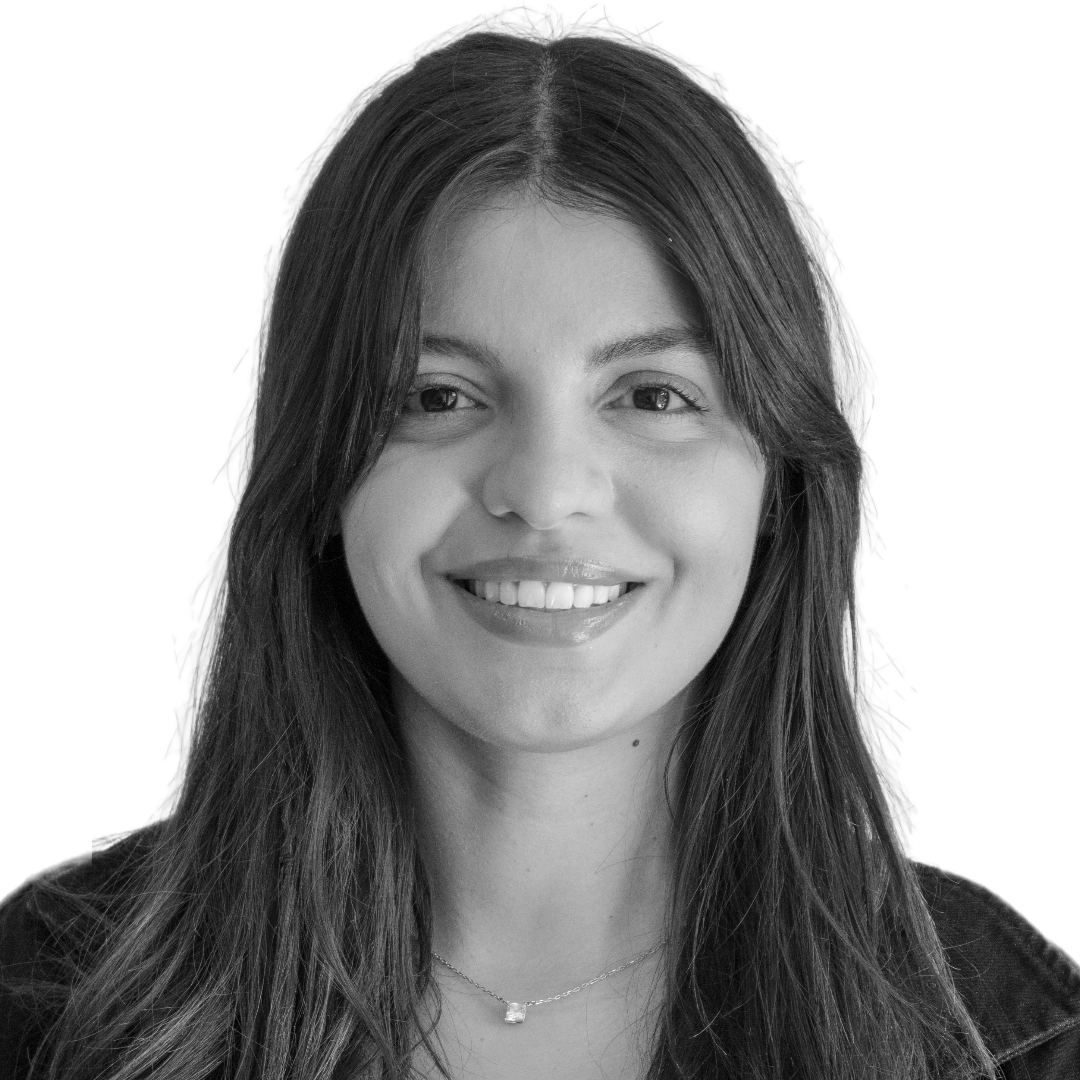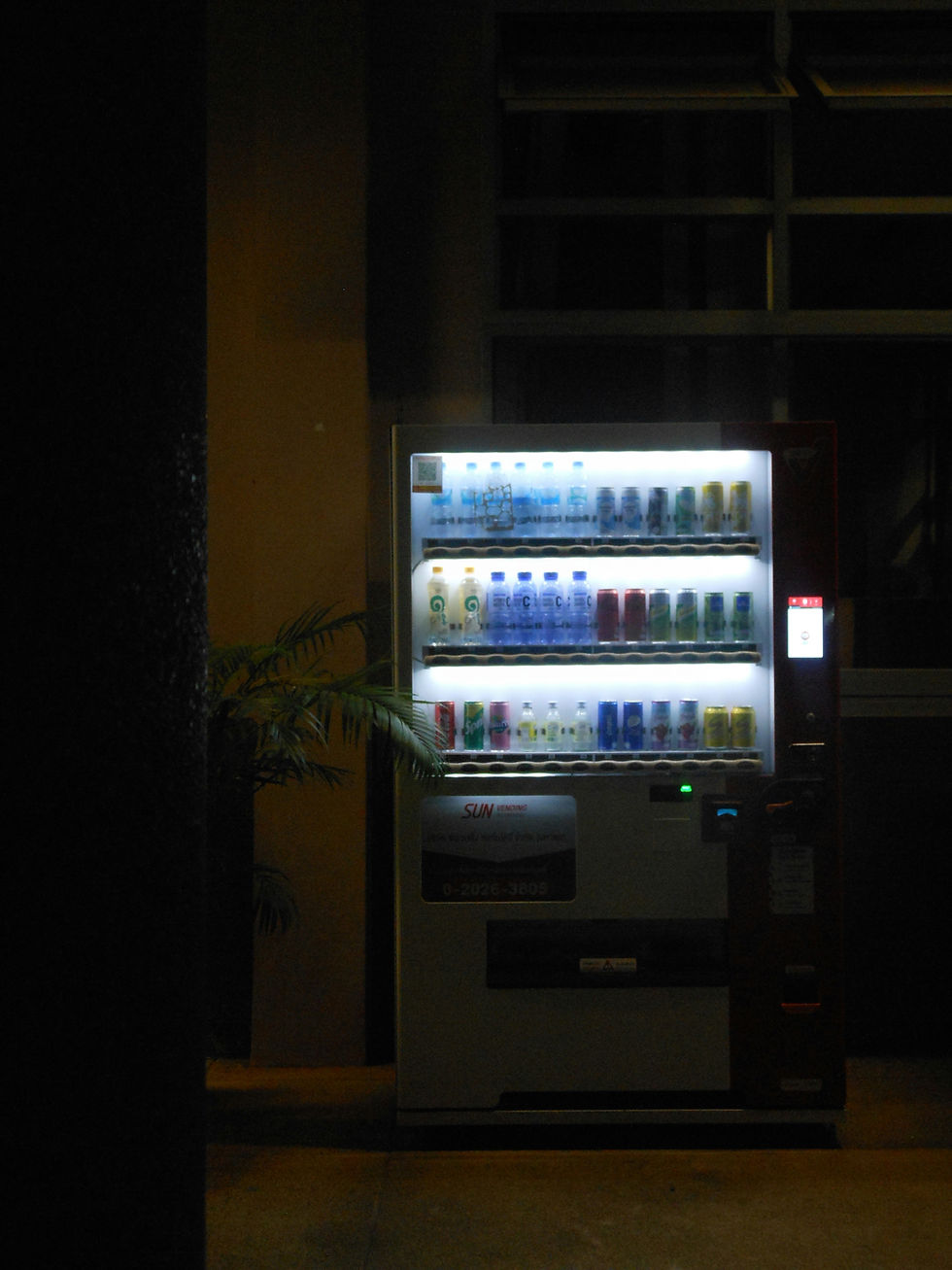Refreshment focuses on the water dispenser/cooler, office coffee service and vending sectors, while also taking an in-depth look into products for vending from bottled water and drinks, to snacks and confectionery. It also focuses on hydration, health and wellness, new technologies and environmental and social responsibility issues.
Research
Coffee & tea

AquiSense, a provider of UV-C LED disinfection systems, has secured a Series A investment round led by Burnt Island Ventures, following a recent management buyout.
Additional funding comes from Kentucky Capital Fund and returning private investors led by Randy Knapmeyer. The investment will support the company’s expansion into various water treatment sectors, including beverage, pharmaceutical, oil and gas, and municipal applications.
According to the company, AquiSense, founded in 2014, was among the first to commercialise UV-C LED technology for water disinfection. The company has over 500,000 installations globally, providing UV-C LED solutions for point of use, point of entry, laboratory and large-scale industrial applications.
AquiSense's founder and CEO, Oliver Lawal, said: “UV Disinfection has been a star performer in water treatment for the past couple of decades and this investment validates our position that UV-C LED technology isn't a future abstract notion, but the core driver to continue this growth".
"We have strong customer partnerships in the US, Europe and Asia that value the full life-cycle benefits of our products and it’s refreshing for us to know that the Burnt Island team understand that completely".
Steve Kloos, partner at Burnt Island Ventures, noted several factors that drew them to AquiSense, including the experienced executive team, the company's market position and the growing demand for UV-C LED systems. These systems offer significant advantages over traditional mercury-based UV lamps, with the added benefit of being more sustainable.
As global usage restrictions on mercury lamps increase, the UV-C LED market is positioned for growth. The UN Minamata Convention, which aims to reduce mercury pollution, is set to ban new mercury mining by 2032, further driving the shift toward more sustainable UV disinfection solutions.
A spokesperson for AquiSense told Refreshment that the company "will not be disclosing the investment amount at this time".
Related posts
2026 outlook: How the vending and water sectors are shaping a smarter, more sustainable future
Representatives from the Automatic Vending Association (AVA), the European Vending & Coffee Service Association (EVA), the Water Dispenser & Hydration Association (WHA) and Zenith Global offer their insights into how technology, consumer behaviour and legislation will shape the future of automated retail and hydration.
.png)

%20(1).jpg)









